Family First Letters
At Family First, we hope to inspire, educate, and entertain. But it’s not a one-way street. One of the liveliest sections in the magazine is the Inbox, where readers weigh in, sharing their own insights, advice, questions, and experiences.
Here, readers share their reactions to Family First articles and reader feedback.
What do you think? Join the conversation.

Related content

Nothing can bring a loved one back or restore a ruptured marriage, but careful financial planning through all decades of life can mitigate the painful financial fallout
Sara Glaz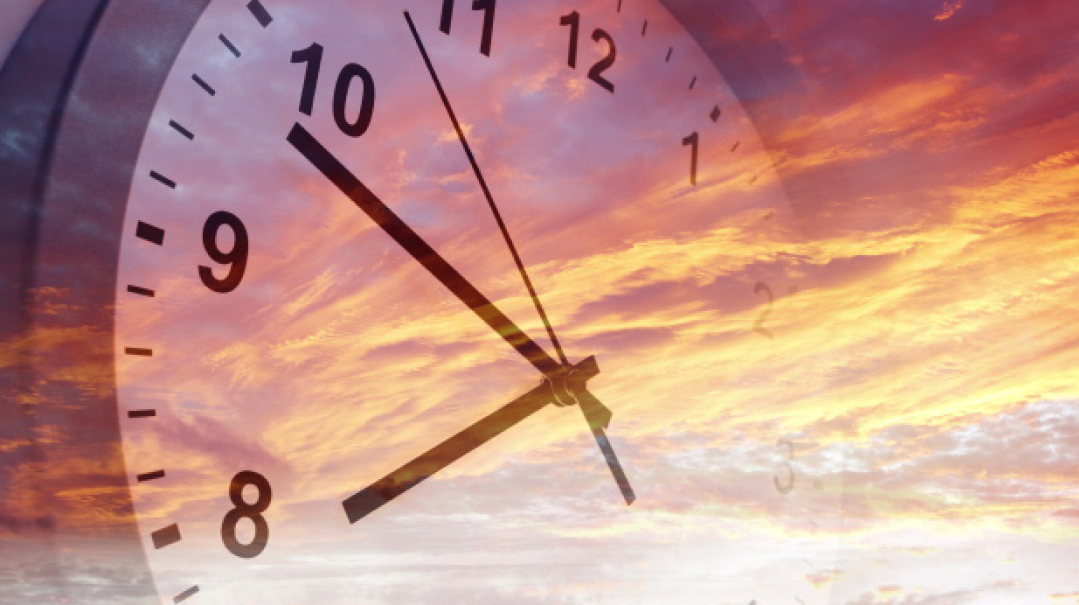
You get up the next morning and you head into your day, and you act like a normal person with normal problems
Miriam Maggid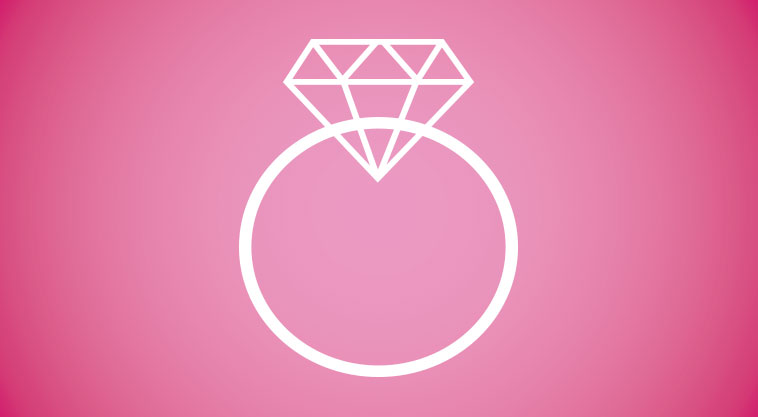
Recovery is the road no one wants to travel — and the same one they say they’d never trade
Sara Eisemann
I’m not exactly sure, and they can sense that. They sniff out uncertainty like bloodhounds
Yael Zoldan
On Motzaei Shabbos prior to C-Day, I made a Master List that rivaled all the lists I’ve ever made
Raizy Friedman
Although I didn’t get to choose these circumstances, I’ve been granted a gift
Anonymous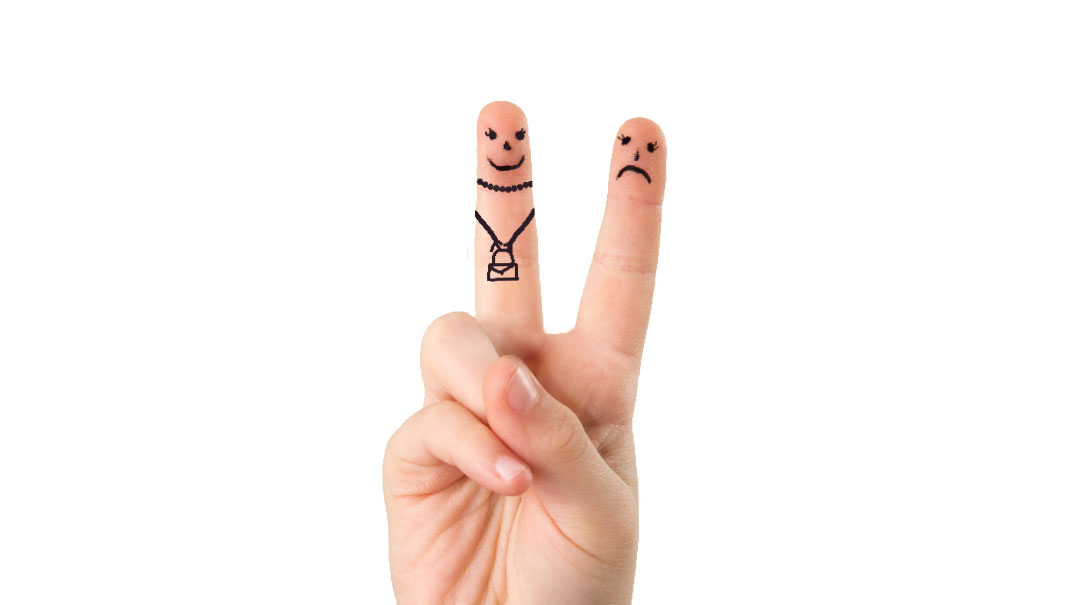
Can’t I be friends with someone who’s in a very different financial bracket than I am?
Shoshana Itzkowitz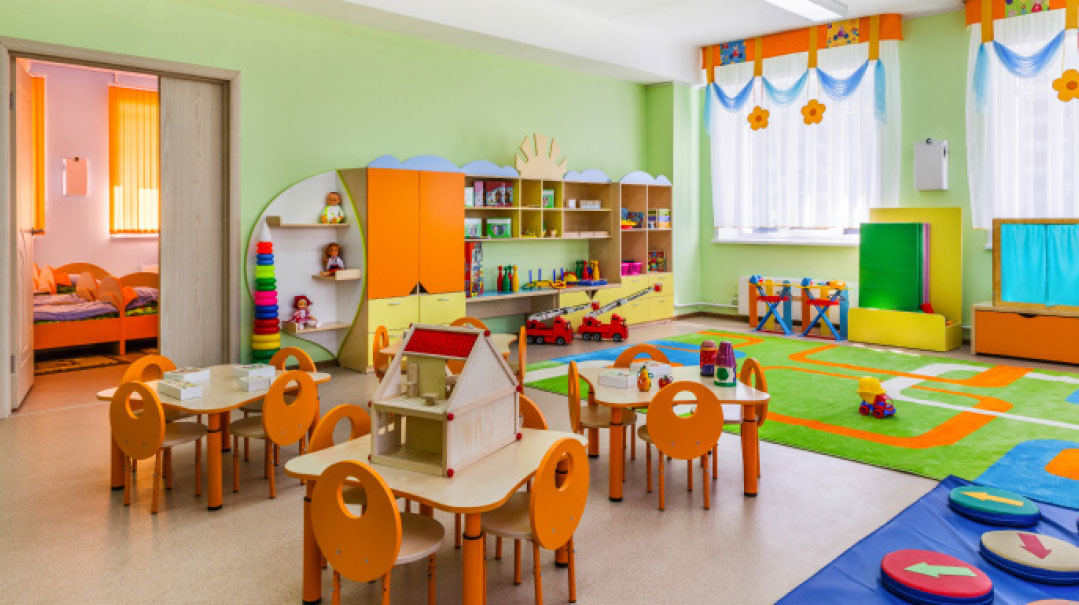
I’m afraid Mimi’s return will awaken within me my greatest fear of all
Rochel Ellman
On Succos, we gather our crops, reflect on our harvest. In life, we gather our experiences, appreciate what we’ve gained
Chana Marcus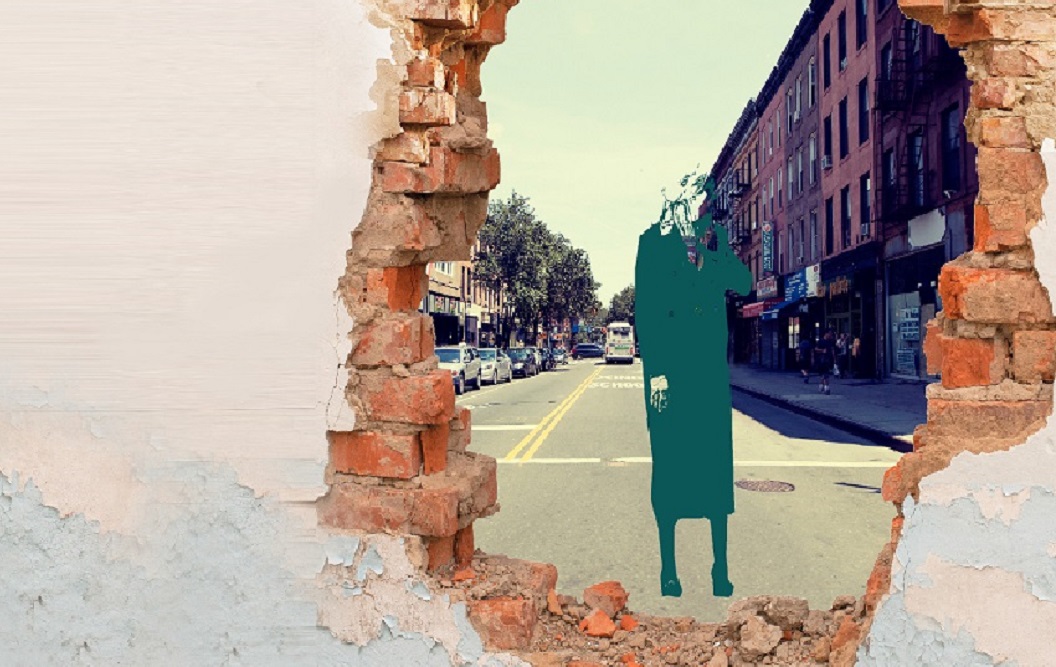
Real, authentic avodas Hashem is excruciatingly private. At the end of the day you stand before Hashem alone
Faigy Peritzman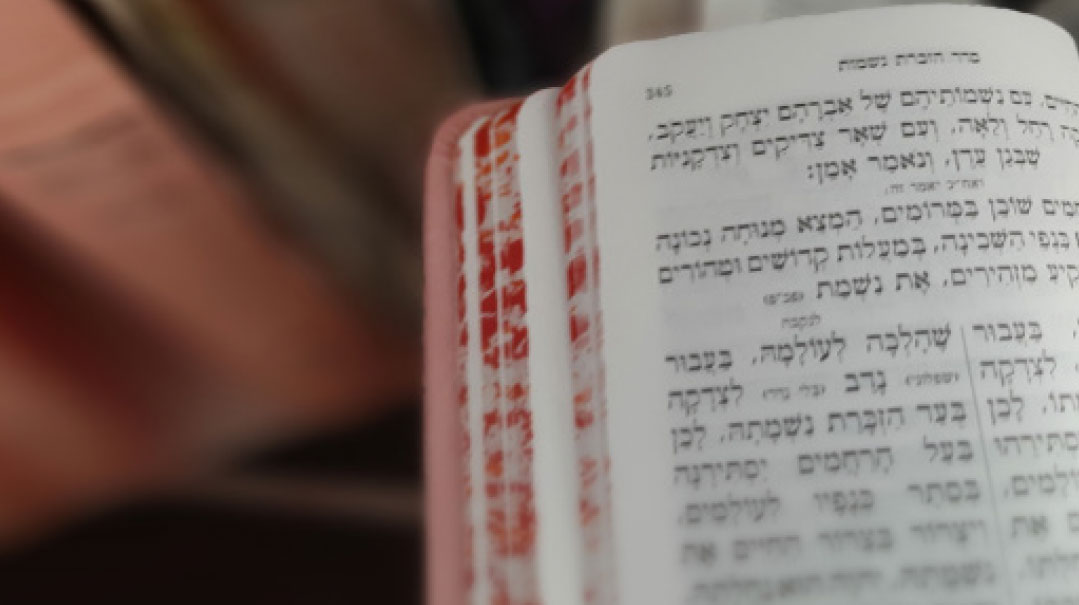
It was never spoken about, an otherworldly secret between club members, the club you didn’t want to join
Miriam Silver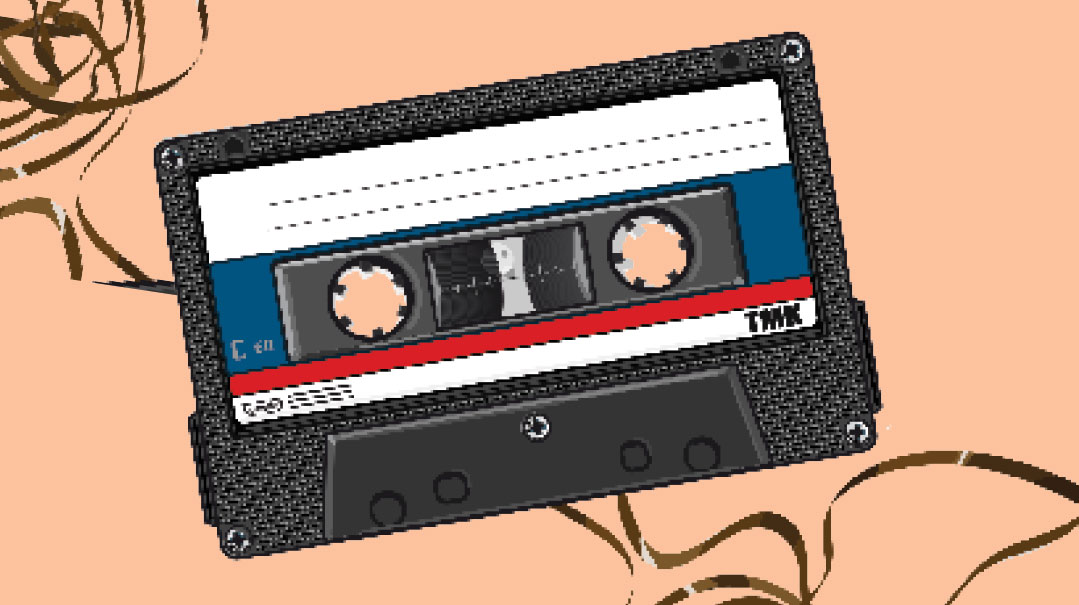
A car turned the corner, slowing near her house. Her heart dropped. Buick, definitely from the ‘60s. This was not a good sign
S. Botnick
Kids need unconditional love —not boundary-less love
Malkie Schulman
We asked 13 educators and experts: If you could add one book to our schools’ curriculums, which one would it be?
Esther Shaindy Leshkowitz
"I know, but it’s so scary. The odds are slim, but they’re still there, my numbers were off, weren’t they?"
Esther Kurtz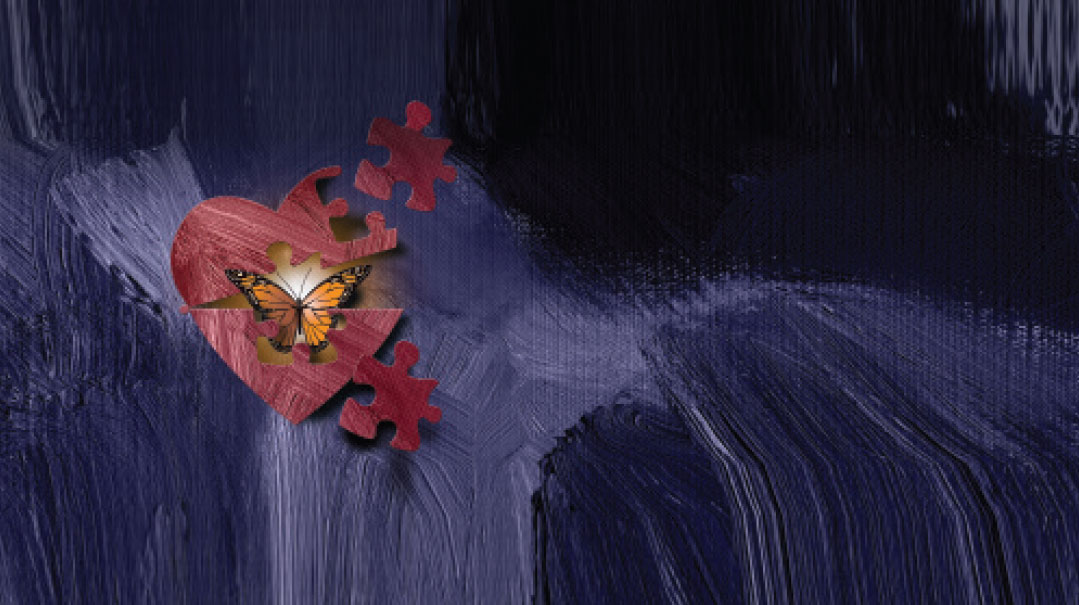
We think we feel too little; we actually feel too much
Leah Gebber
How could she stand next to this guy for the rest of her life? How could she marry him, after everyone she’d passed up?
Shani Leiman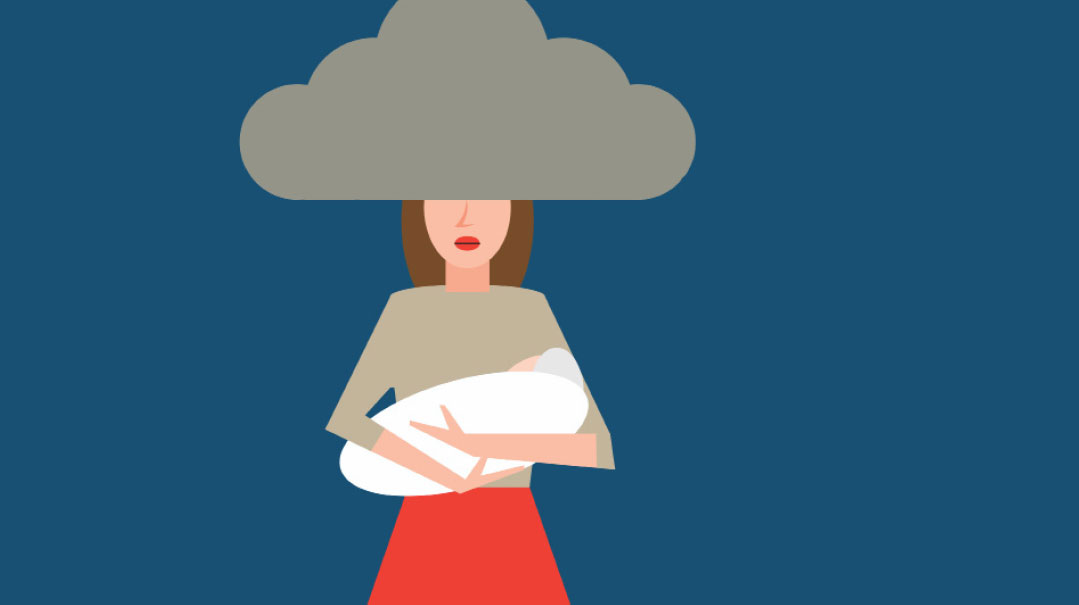
How could I wait while the world moved on and I was a ghost of myself — not a mother, not a daughter, not a wife?
Leeba Atlas
My children never rebelled,they just wiggled out of my grasp
Rochel Strauss
“You’re absolutely obligated to call the mother back and tell her your impression,” he informed me
Anonymous
When we’re victims of unfairness, we can choose to respond with dignity
Sarah Chana Radcliffe
When a simple conversation turns complicated, one party may be hearing more than was actually said
Sarah Chana Radcliffe




Comments (73)